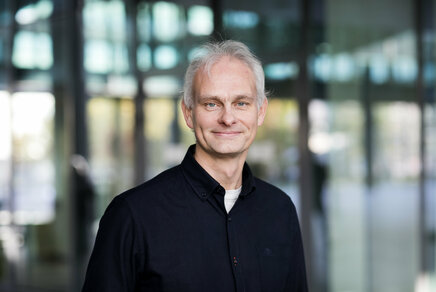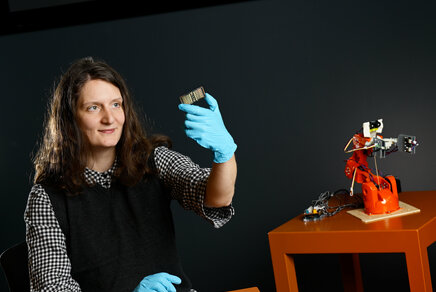How companies are saving millions globally thanks to data pioneers in Eindhoven
For over twenty years ago, TU/e has been at the forefront of process mining, a clever data technique to exploit the digital footprint of companies. The innovative technology has grown into a global multibillion-euro business.
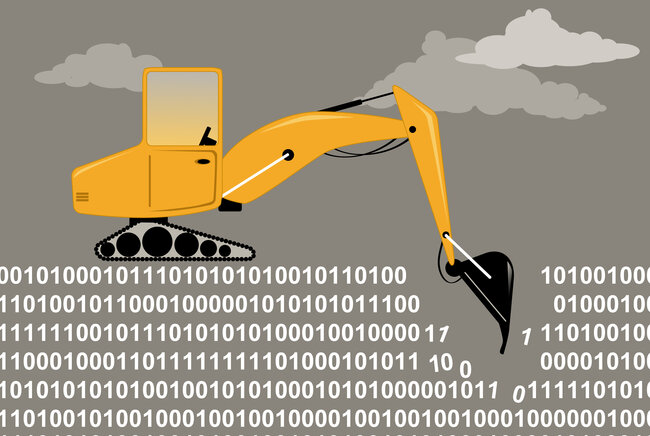
With a market value of over 10 billion euros, last year German company Celonis became one of Europe's largest startups, and the most valuable startup in Germany to date. The company specializes in process mining, a smart data technology developed at TU/e that helps improve business processes, saving millions of euros. What makes process mining so invaluable and what are the big challenges now? We talked to four pioneers in this exciting field, including Wil van der Aalst, also known as the godfather of process mining.
Companies and organizations are producing more and more data. This digital footprint is a true goldmine for business analysts. Using smart algorithms it helps companies to discover where processes stall, and consequently cost money.
Compare it to the fairy tale of Hansel and Gretel. To find their way back to their stepmother's house, the siblings leave a trail of breadcrumbs. Event logs, which record exactly what is happening in a company, act like the breadcrumbs for the business manager. Unlike abstract models, which assume what people think is happening, these data logs describe what is actually going on.
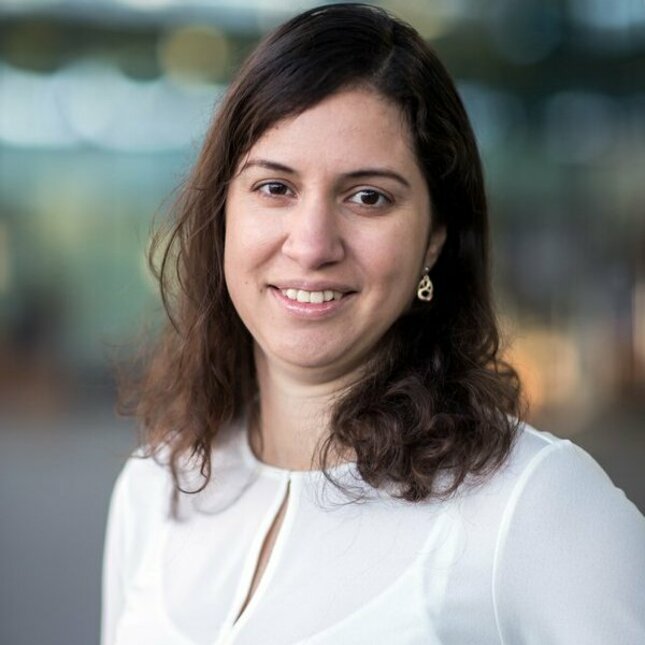
"And that's invaluable," says Renata Medeiros de Carvalho. The researcher is assistant professor in process mining at the department of Mathematics and Computer Science. “Organizations and companies are becoming more and more complex, especially if they are knowledge-intensive organizations where instead of machines, it is people who are making the decisions."
Emergency room
Medeiros de Carvalho gives an example. "In his graduation research my student Mike Verdaasdonk looked at waiting times in the Emergency Department of the Haga Hospital in The Hague. In principle, every patient should be seen to within four hours. But that is not always the case. Almost thirty percent of all patients wait longer."
To find out why this happens, he examined the data of 400,000 (!) patients who had visited the Emergency Department over the past two years. And what did it reveal? Patients who needed a lab test, or a second opinion from a specialist, often had to wait unnecessarily long, because of insufficient capacity.
"The beauty of process mining is that you can predict reasonably well who those patients are. You can then alert the relevant department in advance so that they can schedule the extra examination. In this way we were able to reduce the proportion of people who have to wait longer than four hours to under 20 percent. On average, patients now wait half an hour less," says the researcher proudly. The Haga Hospital was so pleased with this result that the developed software is now used on a daily basis.
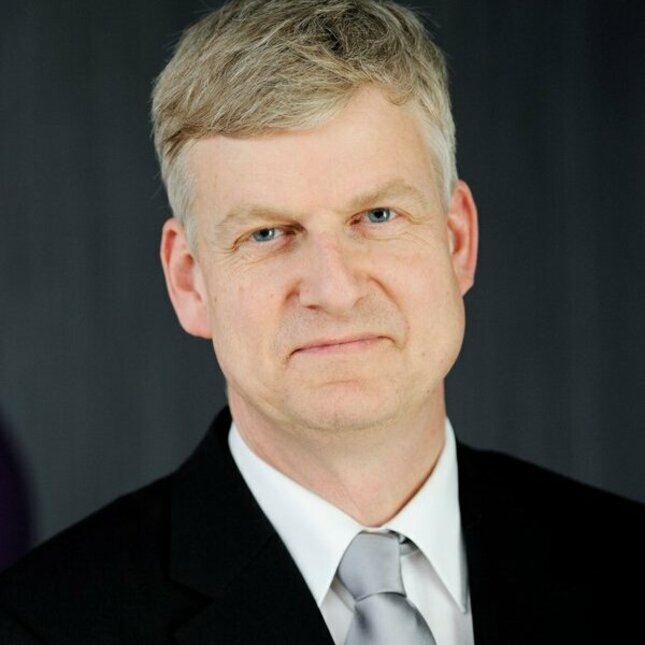
Petrinets
Why is process mining so successful at detecting inefficient processes? We ask Wil van der Aalst, founder of process mining research at TU/e. Since he received the prestigious Alexander von Humboldt Scholarship, the largest academic award in Germany, in 2017, he has been working for the RWTH Aachen University.
"In the 1990s, many companies, as well as I, still had a strong belief in workflow management, where you try to organize business processes in such a way that tasks are executed in the right order. But at a certain point we realized that what people wrote down in a PowerPoint had little to do with how processes actually work. Those workflow models describe a naive reality: you may capture 80 percent of a process, but you miss the very events where the most problems occur."
With process mining you turn this around, according to van der Aalst. "Instead of putting models into a system, we derive the models from the system. Because of the abundance of data we have today we are able to do this."
Van der Aalst designed the so-called Alpha algorithm in 2003, which was the first to be able to automatically generate a model (in this case a Petri net) of a business process based on data.
The beauty of this kind of modeling is that you uncover problems that were previously hidden from sight. "For many companies, this is very confrontational, when they see that processes run very differently than they thought on the basis of their models. Then you really see mouths fall open," says Van der Aalst.
But it doesn't stop there. "Process mining can also explain how something goes wrong, and make predictions. You can then connect actions to prevent or solve problems in the future, automated or otherwise. And that sometimes saves a lot of money."
Dreaming of a digital twin
Process mining has taken off in recent years. There are now some forty companies (mainly in northwestern Europe) that develop process-mining software and almost all large companies in Western Europe are already using it. One of the largest is the German company Celonis, where Van der Aalst recently became scientific director. More than 2000 companies use Celonis software and in companies like Siemens and BMW thousands of employees apply process miningn tools to improve processes.
Process mining is also increasingly being used in the Netherlands, as evidenced by the success of ProcessGold (now acquired by UiPath), one of TU/e's biggest spin-off successes.
The "godfather of process mining" decided to join Celonis because he is convinced that the next breakthroughs in the field of process mining are only possible in close cooperation with industry.
"There are many research questions you cannot answer in the lab. The available datasets are often anonymized and small in size. Companies offer the scale you need to take the next step.”
![[Translate to Engels:] Boudewijn van Dongen](https://assets.w3.tue.nl/w/fileadmin/_processed_/b/c/csm_van_Dongen_Boudewijn_WI_VH_6498_d8d8e525cf.jpg)
Context is key
Van der Aalst has the dream of eventually creating a perfect digital twin: a model that behaves exactly like the organization itself. But we are not there yet. One of the researchers working on this point on the horizon is Boudewijn van Dongen, once an intern with Van der Aalst and since 2018 his successor as head of the Process Analytics research group.
Van Dongen's specialty is conformance checking. "That means making sure that the automatically generated model actually matches reality. The better the algorithms you use, the better the model."
Three things are crucial in this regard, says the researcher: context, the role of humans and complexity. "You always have to take into account the world in which a question is asked. Besides the data and the model, there is always the context. Among other things, that means that you keep the human in the loop. A complicating matter is that our world is becoming increasingly complex. That only makes modeling more challenging".
Van Dongen and his colleagues expect a lot from multi-process mining in this respect. "Traditionally, there was only one object, such as a customer, an order, or a patient, that we followed over time. But in practice, that's not the case anymore. Today it's about the entire chain, with different objects interacting. That requires a very different intuitive language for business to work with."
Challenges
Other challenges Van Dongen sees for process mining in the coming years are the increased amount of corporate data (take for instance Bol.com or Zalando, which process hundreds of millions of data daily), privacy (how do you anonymize data without losing valuable information?), and the increased gap between the abstraction of the models and the specificity of the data (think the ubiquitous sensors in manufacturing or logistics).
Van Dongen, like his predecessor, emphasizes the importance of collaboration with industry, for example for making (anonymized) datasets available for research (e.g. through 4TU Research Data). He has therefore organized the successful BPI Challenge for companies and organizations every year since 2010.
He is also pleased that his students are increasingly finding their way to companies in Brainport Eindhoven. Or even start their own startup....
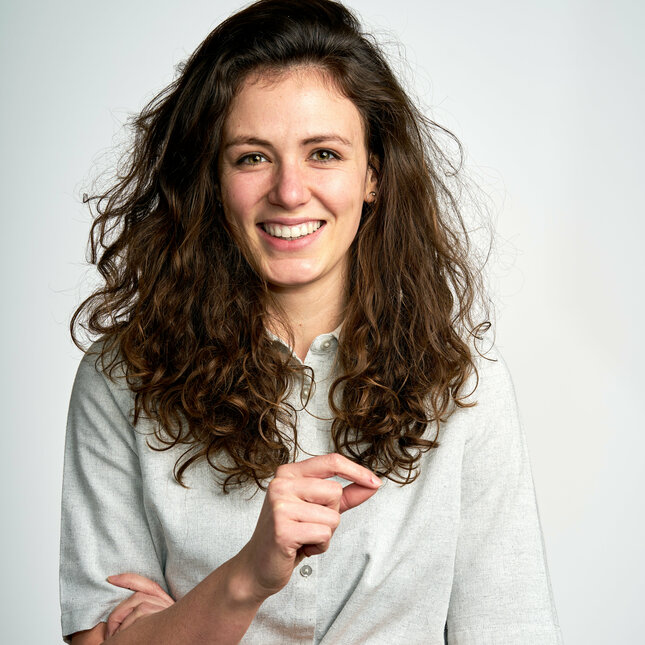
Waves PI
One of them is Lotte Vugs, who previously attended an honors program in the field of process mining and won the DOW Chemicals award in 2021 for her thesis work entitled "Process Mining for Semi-Structured Log Entries." She has since started her own company with two fellow students. Waves PI is a startup that, in addition to offering consultancy in the field of process mining, is also the creator of a unique tool that helps to make data ready for process mining.
Vugs explains: "One of the things we ran into in our consultancy work was that preparing the data always took a lot of time. Data is often hidden in a multitude of tables and you can't just use it for analysis. You first have to extract and standardize the data, which can be quite cumbersome."
The Waves PI tool ensures that data preparation for process mining becomes easier and faster. It also stimulates knowledge sharing, so that companies do not have to reinvent the wheel each time, but can share certain preparation steps that they know work.
Core processes
"Ultimately, we hope that faster data preparation will make process mining more scalable, so that process mining can be used to improve processes throughout the chain."
Vugs expects a lot of gains especially in the core processes of a company. "We often see that process mining is still very much limited to the supporting processes, such as purchasing and sales processes, because people are already familiar with those systems. This allows for faster data preparation."
Waves PI's tool is still a prototype at this point. "We are going to test it in the coming year and develop it further in the process mining community. We expect a lot from that."
It's clear: process mining is a promising area of research that, unlike machine learning and other AI techniques, has largely been developed here in Europe. Reason enough to keep a close eye on the work of these pioneers in the coming years.
Media contact
More on AI
![[Translate to English:]](https://assets.w3.tue.nl/w/fileadmin/_processed_/e/1/csm_Beintema_Gerben_EE_PO_VH_4007%20%281%29_a6974ea62b.jpg)
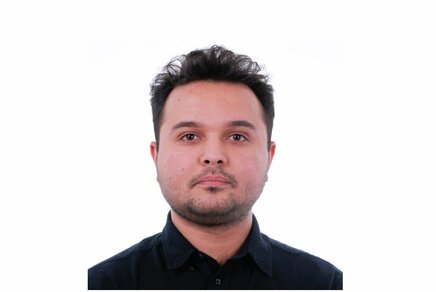
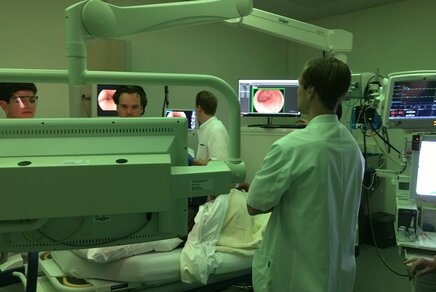
Latest news

